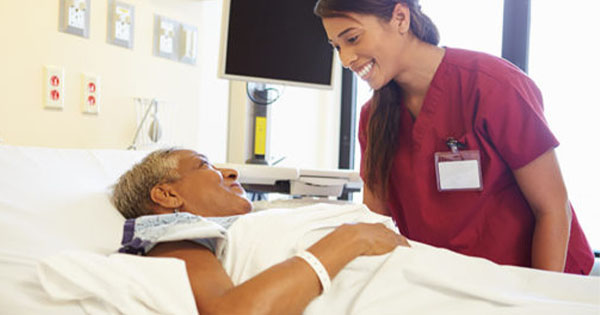There was a sports programme on television in the US for almost 40 years, called the Wide World of Sports. The programme was popular and showed a great variety of sports and athletes from around the world competing in sports that we seldom saw in the US, like cliff diving, hurling and even badminton. Why the wide world of wounds then? I want you to think about all the patients you treated this week. I’m sure you saw venous disease, pressure ulcers, arterial disease, and non-healing surgical wounds. Wound practice has something for everyone — you can treat black widow spider bites, lymphoedema, burns, radiation injury and autoimmune disease. I know of very few people who started in wound care and left because they didn’t like it. To me, the joy in doing wound care is that you help people heal and you seldom see the same problem over and over again.
If you come from a surgical background, you can use that scalpel. If you come from a medicine background, there are lots of chronic diseases to be managed. You will need to bring some psychological tools too; in wound care we have non-adherence, Munchausen’s syndrome and economic disadvantages. And every once in a while, we have to report abuse and neglect.
Even if you are not engaged in clinical care, there is work to be done. The amount of research conducted in the realms of chronic wound healing lags behind other chronic diseases. Just to give you some numbers to think about.
A total of 630 patients in every 100,000 people with diabetes develop foot wounds (Armstrong et al, 2017) …compare that to 128 women in every 100,000 in the US who develop breast cancer (National Cancer Institute, 2020). The research in breast cancer is well funded and has brought many advantages to this prior fatal disease, we have fairly early diagnosis, awareness of genetic risk and well-developed surgical management. While we might know how to prevent some wounds, but we certainly are not at the level of cancer science.
While specialists in wound care come from a variety of backgrounds, they often come without a good basis on chronic wound management from their medical or nursing school. Often students know how an acute wound heals, and we seldom see these well-healing acute wounds. The education on chronic wounds is sporadic at best. We as professional wound-care providers have a lot of work to do in this wide, wide world of wounds!







